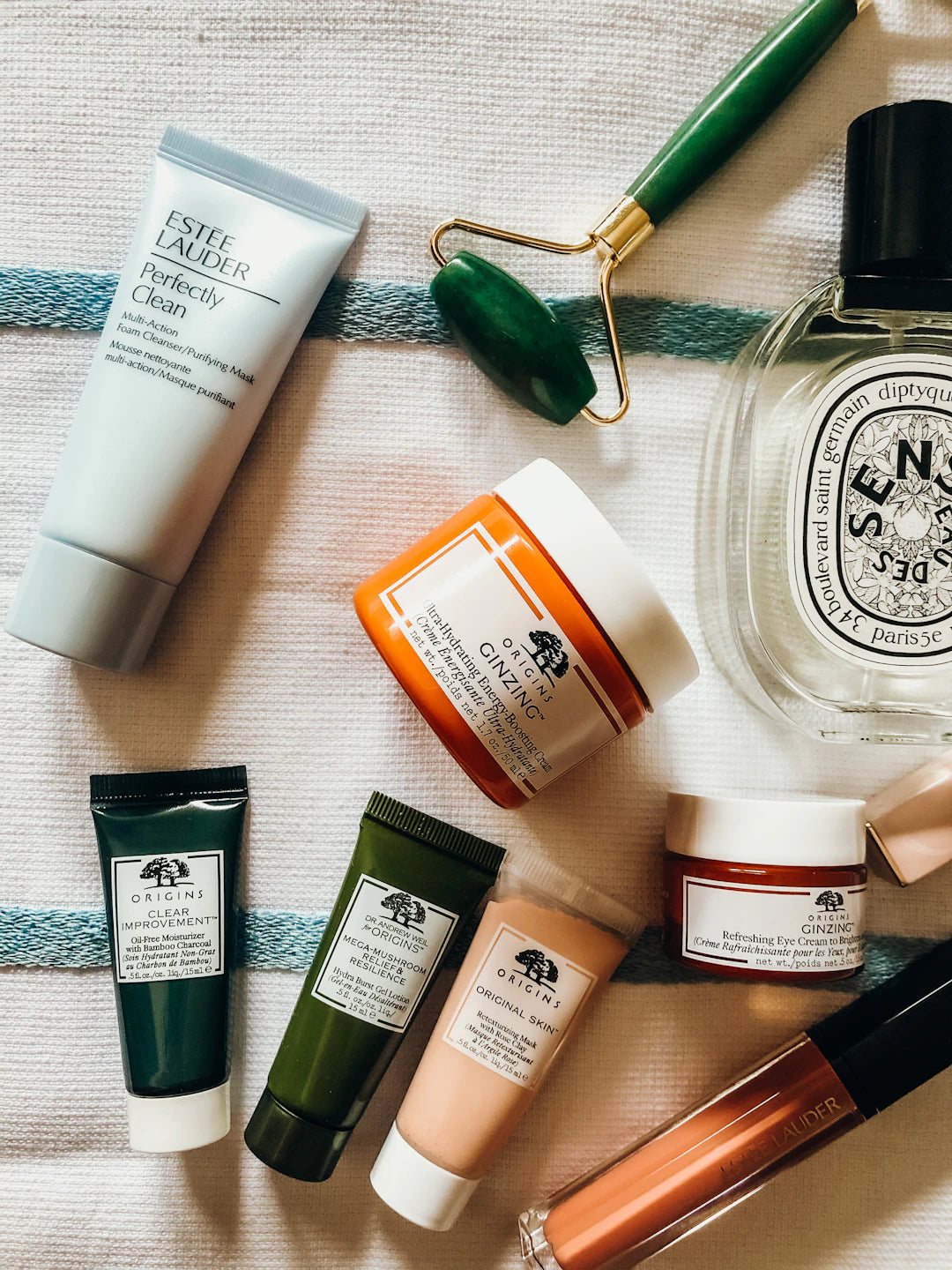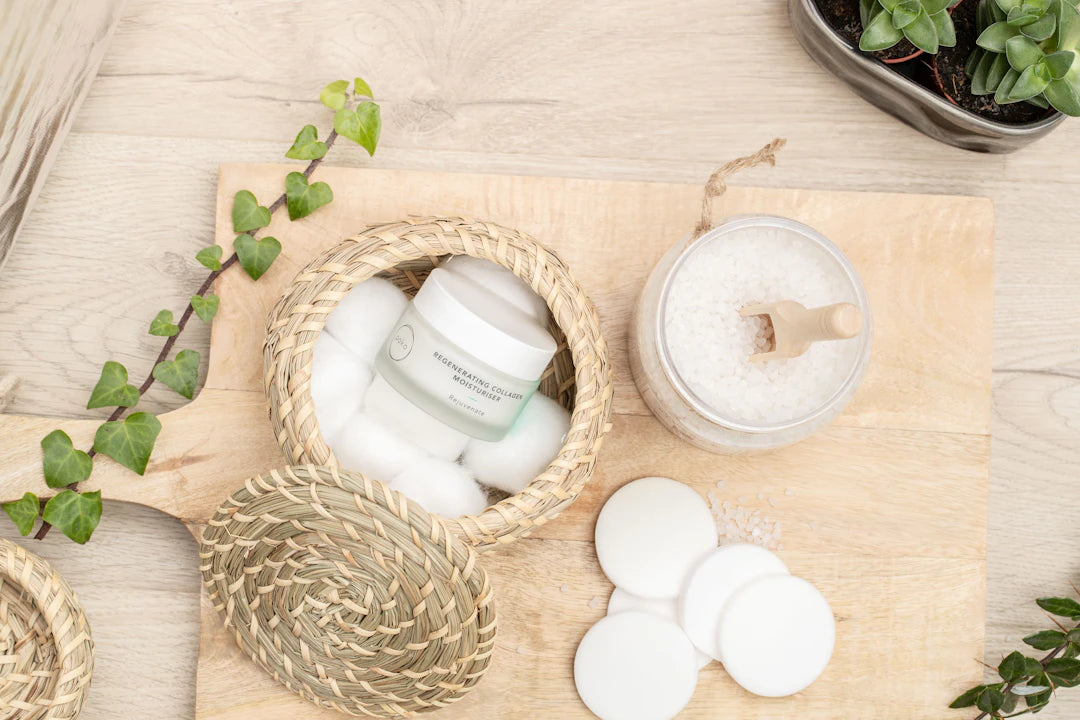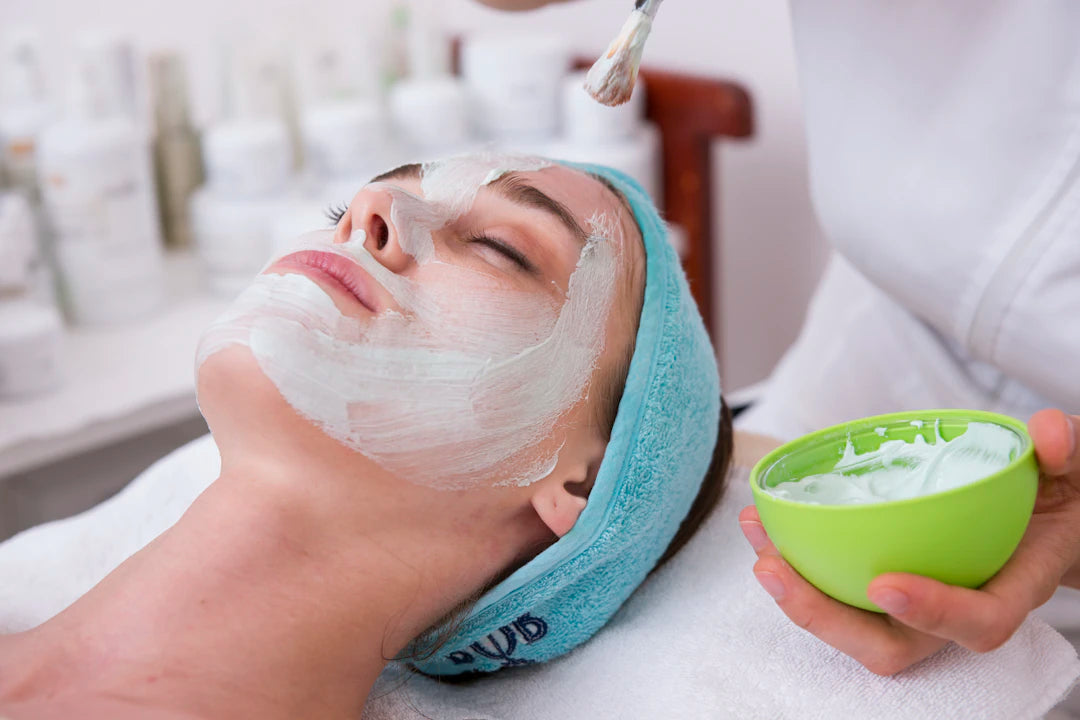Unlock Your Glow: Understanding Moisturizers and Finding the Right One for You

In the vast world of skincare, moisturizers stand as the backbone of healthy skin. The right moisturizer can not only hydrate your skin but can also address specific concerns such as seborrheic skin treatment and skin tightening. However, with myriad options available, choosing the perfect moisturizer can seem daunting. This comprehensive guide will provide you with the knowledge you need to select a moisturizer that meets your skin’s unique needs.
The Importance of Moisturizing
Moisturizing is a crucial step in any skincare regimen. It helps to:
- Preserve the skin's natural barrier
- Lock in hydration
- Improve texture and elasticity
- Combat the effects of environmental stressors
Neglecting this essential step can lead to dry, flaky skin, increased sensitivity, and even premature aging. Let's dive deeper into understanding the different types of moisturizers and how they can benefit your skin.
Types of Moisturizers
Moisturizers can be categorized into several types, each suited for different skin types and concerns. Understanding these categories will help you make an informed decision.
Lotions
Lotions are lightweight moisturizers that often come in a liquid form. They are perfect for those with oily or combination skin, as they provide hydration without clogging pores. Lotions typically contain a higher water content than oils or creams, making them ideal for daytime use.
Creams
Creams are thicker and richer than lotions, making them ideal for dry or dehydrated skin. They often include nourishing ingredients such as oils and butters that create a protective barrier on the skin's surface, ensuring lasting hydration.
Gel-based Moisturizers
Gel moisturizers are another lightweight option that absorbs quickly into the skin. They are often designed for oily or acne-prone skin types and usually contain ingredients like hyaluronic acid that provide hydration without heaviness.
Ointments
Ointments are the heaviest form of moisturizers and are excellent for extremely dry skin or specific skin conditions. They form a protective barrier and are excellent in providing intense hydration but can feel greasy.
Understanding Your Skin Type
Before selecting a moisturizer, it's vital to understand your skin type. Common types include:
- Oily Skin: Characterized by excess sebum production. Look for oil-free or gel-based moisturizers.
- Dry Skin: Needs intense hydration. Creams and ointments are ideal for this type.
- Combination Skin: A mix of oily and dry areas, which may require a balanced moisturizer.
- Sensitive Skin: Prone to irritation. Hypoallergenic and fragrance-free options are best.
- Acne-Prone Skin: Light, non-comedogenic formulas are crucial to avoid breakouts.
Key Ingredients to Look For
When selecting a moisturizer, pay attention to the ingredients. Here are some essential components to consider:
Hyaluronic Acid
This powerful humectant attracts moisture to the skin, keeping it plump and hydrated. It's suitable for all skin types, especially those looking for skin tightening effects.
Glycerin
Another excellent humectant, glycerin helps draw moisture from the environment into the skin, helping to maintain hydration levels.
Ceramides
Ceramides are lipids that help to restore the skin's barrier function, making them perfect for dry and sensitive skin types.
Aloe Vera
Aloe vera is known for its soothing properties. It’s ideal for sensitive or irritated skin as it provides hydration without the heaviness.
Peptides
Known for their skin-tightening abilities, peptides can help enhance the skin's natural elasticity and firmness. They are often beneficial for mature or aging skin.
How to Layer Your Skincare Products
Properly layering your skincare products is essential to maximize the effectiveness of your moisturizer. Here’s a simple guide:
- Start with a cleanser to wash away impurities.
- Apply a toner to balance the skin's pH and prepare it for hydration.
- Use a serum that targets specific skin concerns.
- Follow with your moisturizer to lock in hydration.
- Finish with an sunscreen during the day to protect against UV damage.
Special Considerations: Seborrheic Skin Treatment
If you are dealing with seborrheic skin, it's essential to select a moisturizer that not only hydrates but also addresses this condition effectively. Opt for products that are specifically formulated for irritated skin. These may include soothing ingredients, anti-fungal agents, and anti-inflammatory components to help manage flare-ups while still maintaining moisture levels.
Moisturizing for Different Seasons
The climate can greatly affect your skin's hydration needs. Here are some tips for adjusting your moisturizer based on the season:
Winter
Cold weather can lead to dry and chapped skin. Opt for a heavier cream or ointment that provides a protective layer and combats moisture loss.
Summer
Humidity can lead to excess oiliness. A lightweight gel or lotion can provide the hydration you need without making your skin feel greasy.
Spring and Fall
Transitional seasons may require switching between heavier and lighter moisturizers. Pay attention to how your skin reacts to fluctuating temperatures to find the perfect balance.
Common Mistakes When Choosing a Moisturizer
Even with the best intentions, you might make some common errors in selecting your moisturizer. Here are a few to avoid:
- Choosing a product based solely on marketing claims or packaging.
- Ignoring your skin’s unique needs and characteristics.
- Forgetting to patch test new products prior to full application.
- Neglecting the importance of hydration in your diet as well.
Understanding Ingredients: What to Avoid
As you navigate the world of moisturizers, it’s also essential to know what ingredients to steer clear of, particularly if you have sensitive or acne-prone skin. Here are common culprits to watch out for:
- Alcohol: Can dry out the skin and lead to irritation.
- Fragrance: Often a source of allergies and skin sensitivities.
- Parabens: Though commonly used as preservatives, they can cause irritation.
Unlocking Your Best Skin
Finding the right moisturizer for your specific skin type and concerns is essential for achieving your skincare goals. Whether you're dealing with seborrheic skin, seeking skin tightening benefits, or simply looking to keep your skin hydrated, understanding the different types, ingredients, and how to properly care for your skin will enable you to make the best choices for your unique needs. Remember, consistency is key, and your perfect moisturizer is out there waiting to help unlock your skin's full potential!


